The Shanghai Institute of Virology, a collaboration between the Shanghai municipal government and Shanghai Jiao Tong University, was launched on Monday with renowned virologist Guan Yi appointed as its first chief.
The institute is based at the university's School of Medicine. It aims to become a world-leading virology research center by deepening the cooperation and sharing mechanism in the field, according to a news release from the school.
It will integrate the school's resources in virology research, focusing on virus evolution and cross-host transmission, pathogenesis of virus-related major diseases, as well as diagnosis, treatment and mutation of viral infections.
The institute is expected to attract high-level innovative talent, promote the innovation of virology research and accelerate breakthroughs in key core technologies, the news release said.
The institute will gradually form extensive strategic cooperative relations with relevant enterprises both at home and abroad, and build a platform for the transformation of research achievements.
"The institute will focus on the world's frontier virology research and aims to become a world-class virology research center," said Guan, who has been dubbed as "the virus hunter" for his work on identifying the animal origins of the viruses that caused SARS and MERS.
According to Guan, who also serves as director of the State Key Laboratory of Emerging Infectious Diseases at the University of Hong Kong, virology research plays an extremely important role in human health, medicine and even national security.
The past two decades have witnessed the impacts brought by major infectious viral diseases such as SARS, MERS, Ebola and COVID-19, which not only bring severe challenges to the existing public health system, but also have become a major risk and challenge to the long-term stability of the country as they threaten human life, health, safety and social and economic development.
The establishment of the institute is in line with the guidelines Shanghai released in April 2020 that said it will become one of the world's safest cities for public health by 2025.
According to the guidelines, by 2025, the city has planned to build a group of high-standard facilities for disease prevention and control to improve its ability to cope with major epidemic and public health emergencies.
"The institute will focus on the strategic needs of the national and Shanghai public health systems, and the city will give full play to talent and resource advantages in related fields," Wu Qing, Shanghai's executive vice-mayor, said at the launch ceremony.












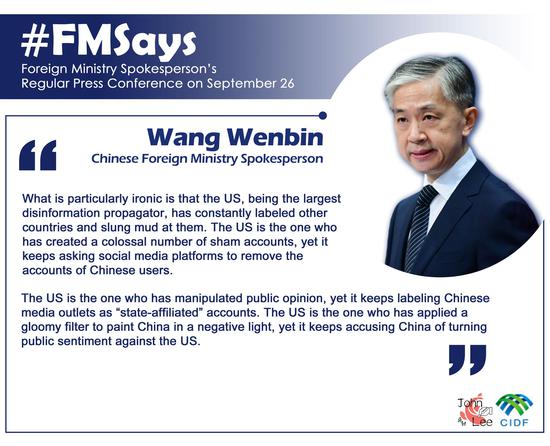
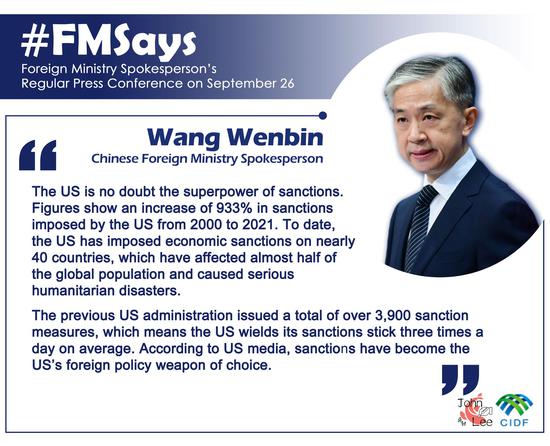
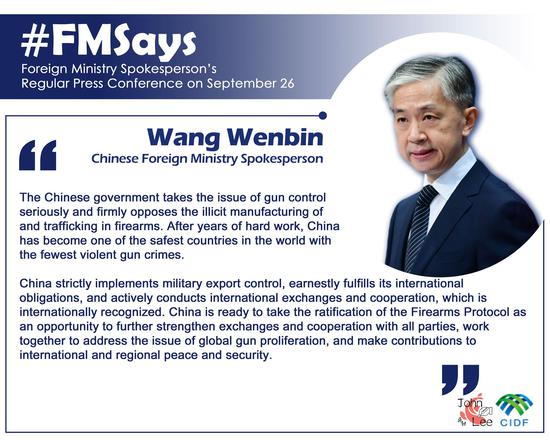


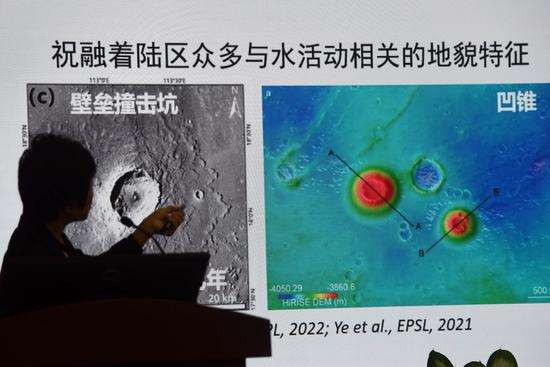
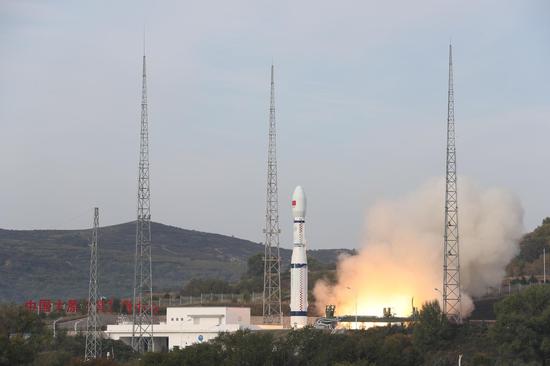



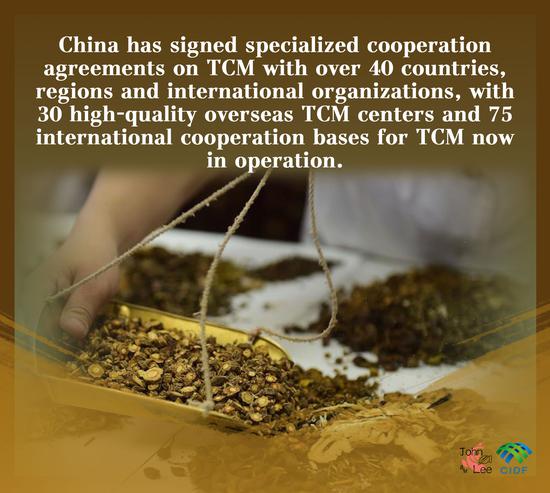




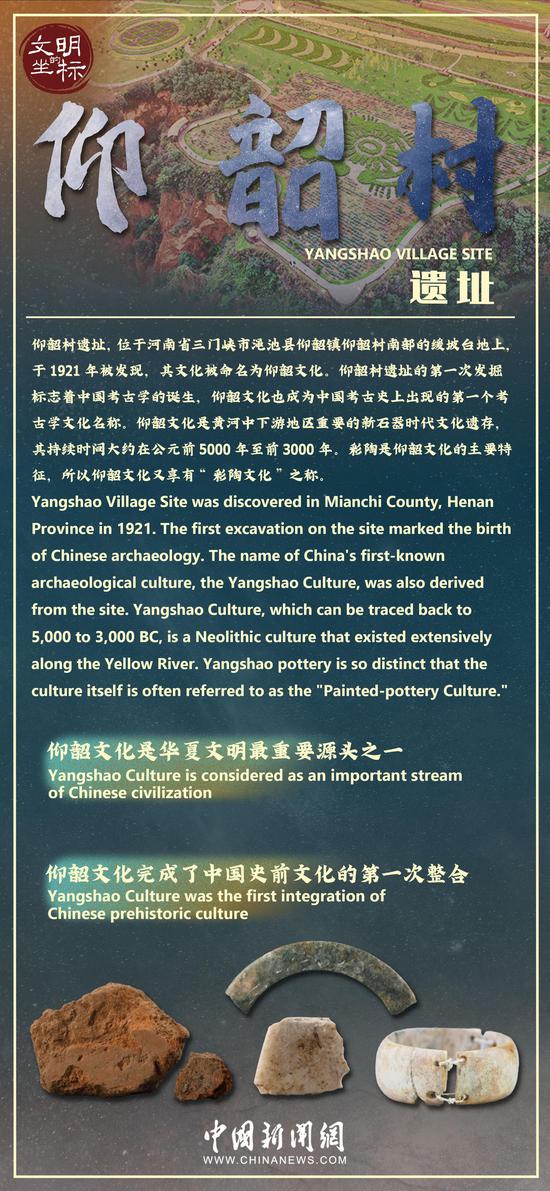






















 京公网安备 11010202009201号
京公网安备 11010202009201号